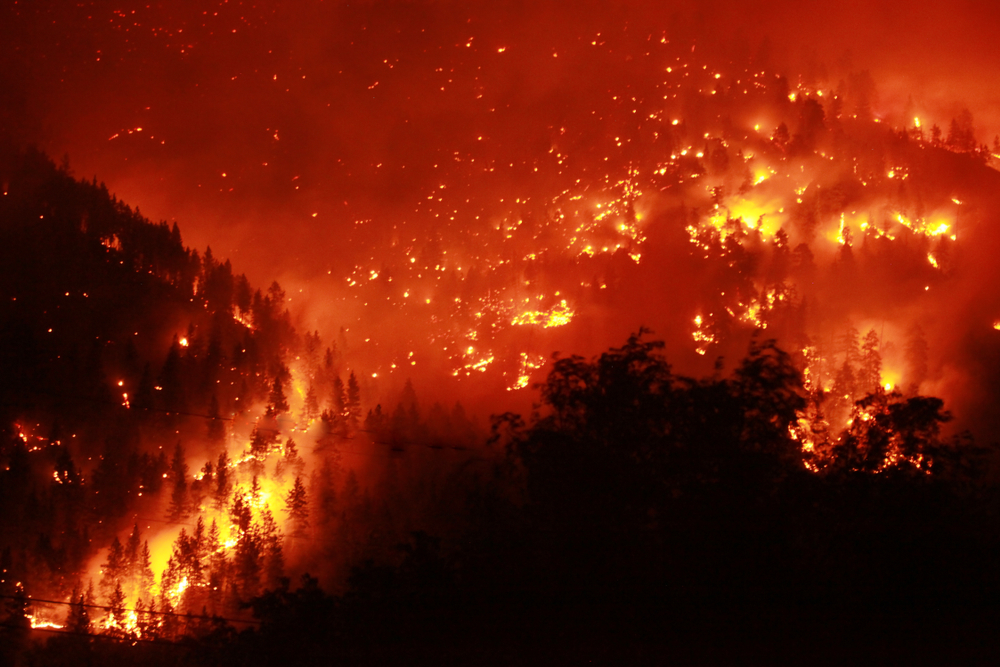Report highlights failings of fire prevention mechanism in Greece
- May 13, 2022
- 2:25 pm


Iain Hoey
Share this content
A new report by WWF Greece points to a series of failings in the management of wildfire prevention funds and the need for better oversight. Last year’s devastating fire season in the Mediterranean country has concluded.
According to the study by the wildlife conservation group covering the five-year period from 2016 to 2020, Greek authorities spent 778 million euros putting out wildfires as opposed to just 189 million euros on forest management and fire prevention measures. In terms of percentages, this means that authorities used more than 80% of their resources fighting fires and less than 20% preventing them.
It also found that just under 50% of funding available for fire prevention at the local level via the EU’s National Strategic Reference Framework (ESPA in Greek) was absorbed during that period, as well as evidence of poor reporting on how funding was used.
WWF also noted the absence of a centralized mechanism that is responsible for overseeing firefighting funds and tracking how they are spent, as an annual assessment of how each fire season was managed.
“We do not have an exact estimate at the national level of the resources poured into prevention and fire-fighting and this obviously creates problems in planning and in evaluating the system,” said Elias Tziritis, from WWF’s Nature Policy Department.
The report also noted that in the past 20 years, the number of staff employed in the Forestry Service has dropped by 53%, while funding to the agency has plummeted by 80%.
“The fires of the past few years showed us the limitations and failures of the fire-fighting mechanism and also demonstrated the importance of prevention,” said Panayiota Marangou, who is responsible for WWF’s environmental protection programs.



